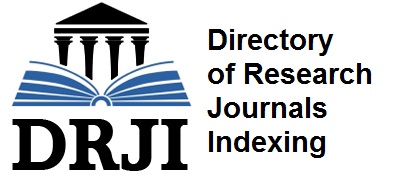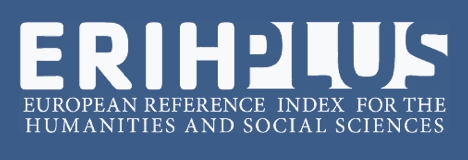Medieval Iberia, Essentialist Narratives and Globalization
Abstract
The academic study of the Middle Ages started out over the nineteenth century, in a historical context shaped by the rise of the liberal revolutions and nationalism, as well as the globalization of capitalism as a result of the industrial revolution and colonialism. This context helps understand the strong essentialist bias of the narratives about the medieval period, as clearly revealed by the Spanish case. The new wave of capitalist globalization after 1989 brought about a new rise of essentialist narratives that came hand in hand with the consolidation of increasingly multicultural and multiethnic environment in the most advances societies. This contradiction stands as a stark challenge for medieval studies in the years to come.
El estudio académico de la Edad Media se inició a lo largo del siglo XIX, en un contexto histórico marcado por el auge de las revoluciones liberales y el nacionalismo, así como por la globalización del capitalismo como resultado de la revolución industrial y el colonialismo. Este contexto ayuda a comprender el fuerte sesgo esencialista de las narraciones sobre el período medieval, como lo revela claramente el caso español. La nueva ola de globalización capitalista posterior a 1989 trajo consigo un nuevo auge de narrativas esencialistas que vino de la mano de la consolidación de un entorno cada vez más multicultural y multiétnico en las sociedades más avanzadas. Esta contradicción representa un gran desafío para los estudios medievales en los años venideros.

This work is licensed under a Creative Commons Attribution-NonCommercial 4.0 International License.
Authors who publish with this Journal agree to the following terms:
Authors retain copyright and grant the Journal right of first publication with the work simultaneously licensed under a Creative Commons Attribution-NonCommercial 4.0 International License.
This Journal permits and encourages authors to post items submitted to the Journal on personal websites or institutional repositories both prior to and after publication, while providing bibliographic details that credit, if applicable, its publication in this Journal.

















